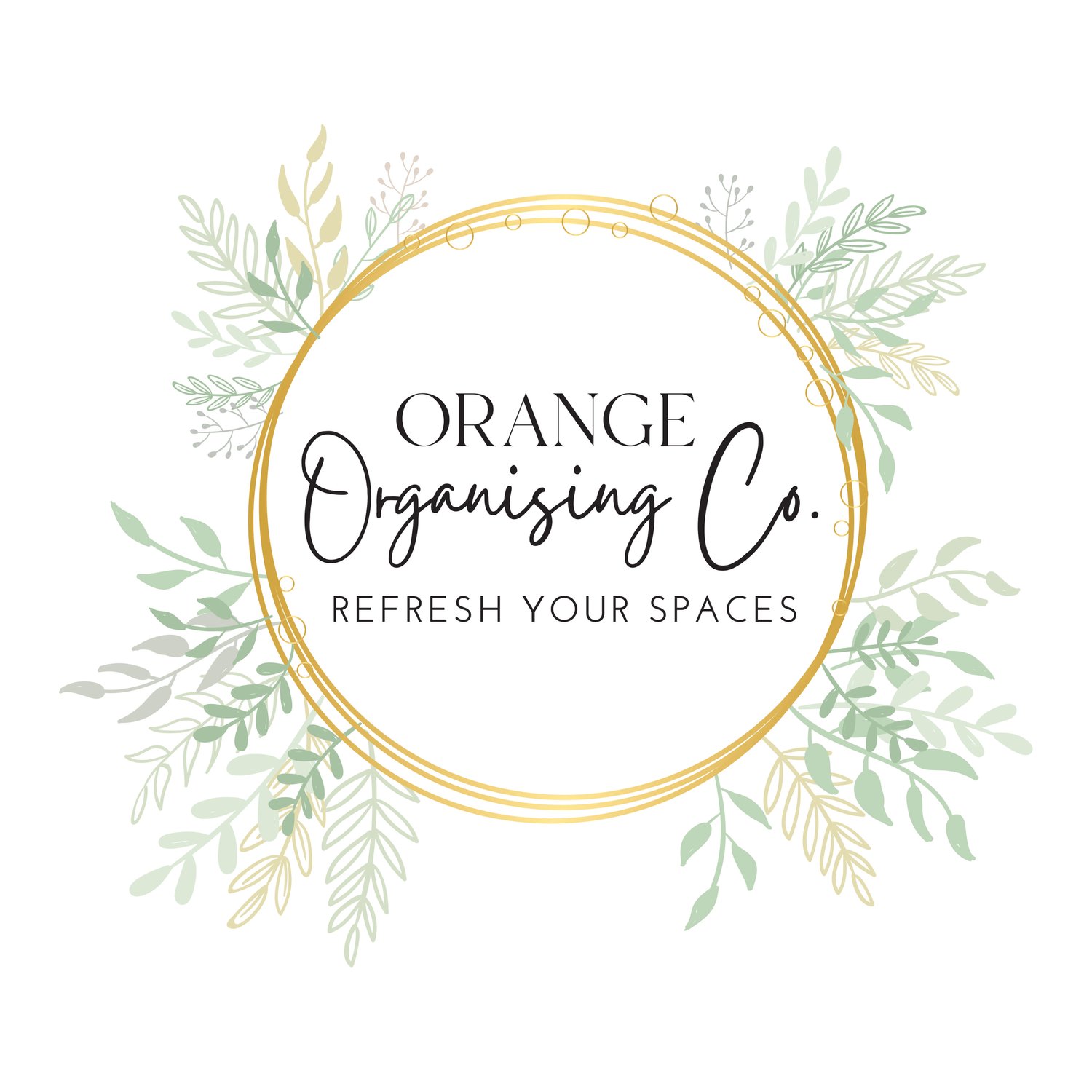Help! My partner won’t get rid of anything.
“When it comes to decluttering, it can be tough if you and your partner don't see eye-to-eye on what should stay or go.”
But don't worry, there are ways to work through this and find a happy compromise! As a professional organiser and declutter coach, I see this all the time. Here are some tips to help you declutter with your partner:
Start the conversation.
It's essential to begin with an open and honest conversation with your partner. Share your reasons for wanting to declutter and the benefits it can bring to your home and relationship. Be understanding of your partner's attachment to their possessions and how difficult it can be to let go of sentimental items.
Set priorities.
Create a list of the areas in your home that need the most attention and discuss what you have ownership over vs what they have ownership over. You can use the following ideas as a guide, but please be sensitive to anything that may be hiding in there that your partner is very attached to:
If you are the one constantly tidying and organising the children’s toys, then that’s your domain. But don’t toss their teddy from childhood or collectible childhood match box cars.
If you are the one who meal plans and cooks then kitchen and pantry are your domain, but don’t ditch your wife’s family CorningWare dish or your husbands favourite BBQ tongs.
If you do the yardwork and gardening or service the cars, then the shed or garage is yours to declutter, but don’t donate the gearstick from their late fathers favourite car or the seeds they’ve set aside to plant next winter.
You can see what I’m saying, establish domains with respect for your partner. Stick to decluttering your own belongings and those in your “domains”. You can also start with small areas that are low hanging fruit or less emotionally charged, such as a bathroom drawer, linen closet or a kitchen drawer.
Compromise and negotiate!
It's unlikely that you and your partner will agree on every item in your home, so it's important to compromise and negotiate. You could suggest keeping a specific number of items or creating a designated space for sentimental items. Be open to suggestions and try to find common ground. My blog on memory boxes can be helpful for this (insert link).
Create a system.
Once you've agreed on what to keep and what to discard, create a system for organising and storing your belongings. Use storage containers, labels, and shelves to keep everything tidy and easily accessible. Make sure both you and your partner are involved in the organisation process. Consider who uses the items most, what height they should be stored at, if they need to be locked away from children for safety reasons, or if they can be freely accessible by the whole family.
Seek outside guidance and assistance.
“If you and your partner are still struggling to find a compromise, consider seeking outside help. You can hire a professional organiser or a declutter coach who specialises in reducing clutter or assisting people with hoarding tendencies.”
A third-party perspective can provide new insights and help you both understand each other's perspectives. Often it isn’t until one partner hires me to work through their own belongings with them and their partner sees how functional and organised their home has become, that the partner will agree to work with me also. A few months later I’ll get a phone call, “Hi, umm, you helped my wife Hannah in our house and I’m wondering when you have some time to help in my office and shed?”
Reducing our belongings can be so challenging because for some people, our belongings represent who we are, who we once were or who we want to be, so patience and leading by example are key in allowing our partners to come to this decision of their own accord.
In conclusion, decluttering can be challenging, but it's possible to find a compromise that works for both you and your partner. Remember to communicate openly, set priorities, respect their choice not to pair back their own belongings, compromise, create an organisation system, and seek outside help if necessary. Above all, take it one step at a time and celebrate your progress along the way!
Orange Organising has helped many couples with exactly this challenge and I’d love to help you too!
Heather Jones
Professional Organiser
& Declutter Coach
Heather is an aspiring minimalist, and the founder of Orange Organising Co., specialising in decluttering and organising homes in Orange and Central West NSW.
You’ll often find her knee deep in other people’s clutter, with a sense of humour around the interesting items she may find and a strong drive to implement creative solutions that work for her clients. She is passionate about bringing a sense of calm, clarity and functionality to people's homes and lives.
With over 20 years of experience in people-centred fields, Heather has worked closely with a diverse range of individuals and firmly believes that every situation is unique. As such, she provides a personalised, judgment-free service to all her clients.
As the pioneer of organising and decluttering services in Orange, Heather is dedicated to upholding the highest industry standards and delivering exceptional results to her valued clients. Her commitment to excellence is reflected in her membership with the Institute of Professional Organisers since 2021.



